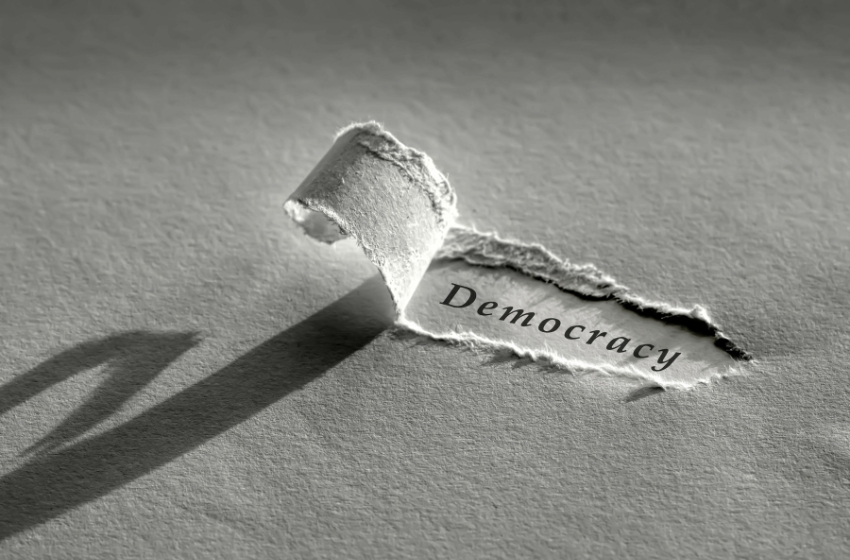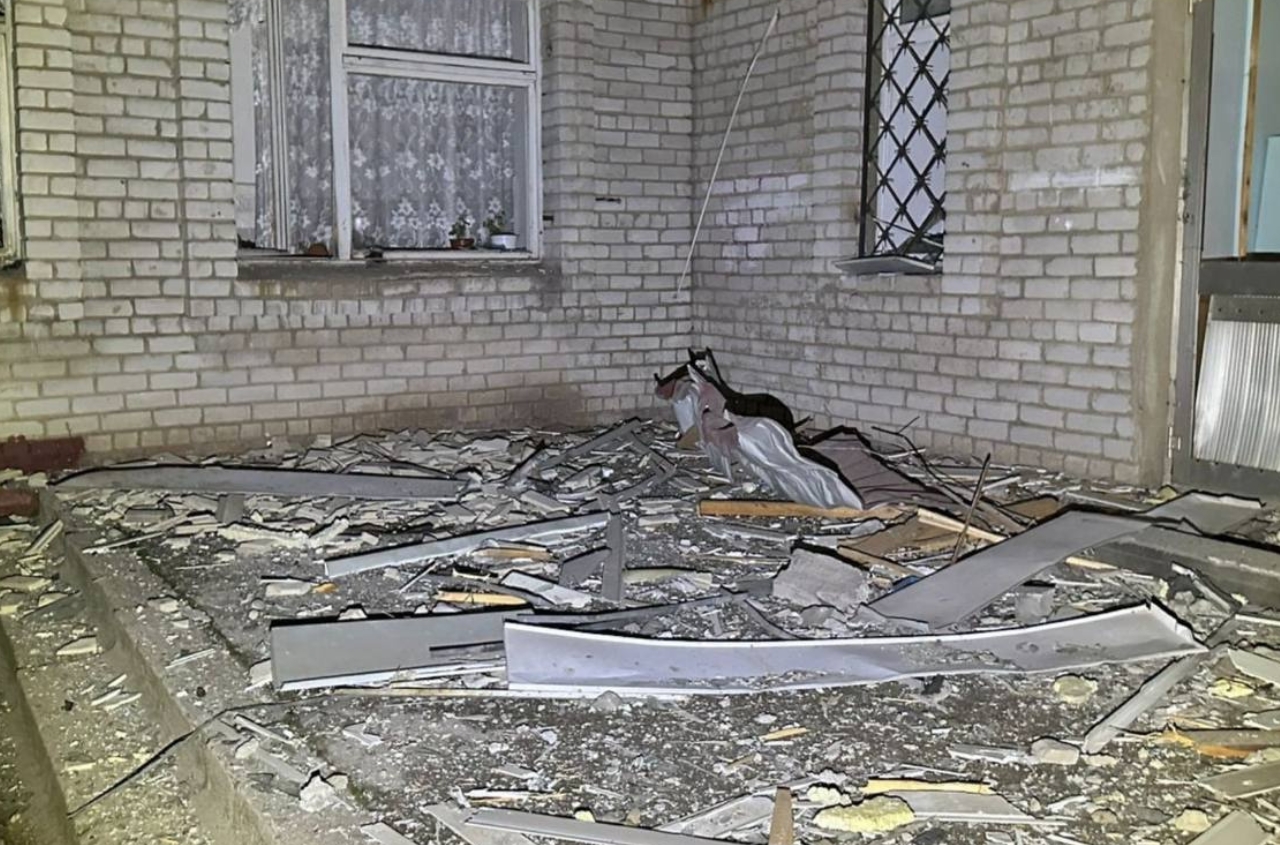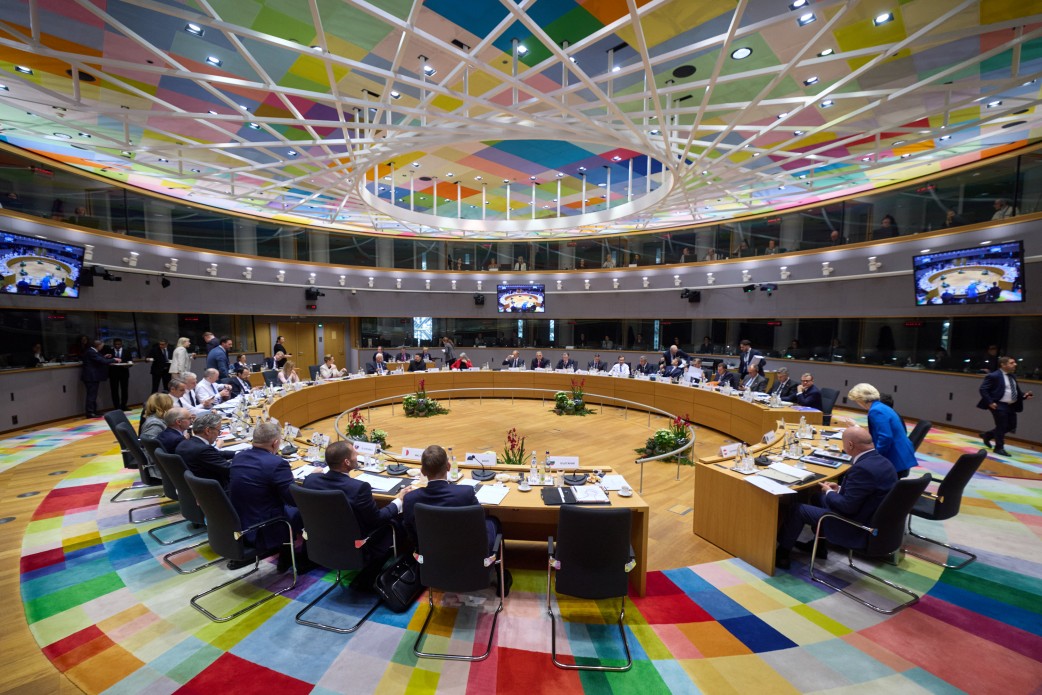The human rights organization Freedom House has stated that the level of democratic governance in Central Europe and Central Asia has been declining for the 20th consecutive year due to Russia's full-scale invasion of Ukraine and Azerbaijan's "military conquest" of Nagorno-Karabakh.
In a report published on April 11, the Washington-based organization noted that out of the 29 "transitional countries" – a group that includes former Soviet Union and Warsaw Pact countries – 10 experienced a decline in democratic indicators in 2023, while only five showed improvement compared to the previous year.
The report highlights Russia and Azerbaijan for their "aggressive wars." Human rights advocates identified them as "the most striking examples of the disregard autocrats today have for fundamental human rights and pluralistic societies."
"Democracy Scores declined in four of the eight countries classified as Consolidated Authoritarian Regimes, as dictatorial leaders closed off the remaining space for dissent and worked to extend their rule indefinitely," said Michael Abramowitz, President of Freedom House.
"Moscow’s ongoing attempt to destroy Ukraine and the Azerbaijani regime’s inhumane conquest of Nagorno-Karabakh demonstrated once again the deadly consequences of autocracy’s expansion. These and other events in recent years have accelerated a geopolitical reordering in the region, with countries sorting themselves into two opposing blocs: those committed to a liberal, democratic order and those that violently reject it," he added.
The report highlights countries with the lowest "democracy scores" among the 29 countries, including Turkmenistan (1.00), Tajikistan (1.04), Azerbaijan (1.07), and Russia (1.07).
Serbia showed the largest decrease in its score among countries, dropping to 3.61 from 3.79. A lower score indicates a lower level of democracy in the country.
"The decline in [Serbia's] indicators resulted from election falsification, state capture of the media, weakening of municipal governance, and years of erosion of judicial independence," stated Freedom House.
Ukraine has improved its indicators.
According to Freedom House, the country's successes are the result of the government's progress in building judicial and anti-corruption institutions and actively investigating bribery, including in the military. Ukraine's rating increased to 3.43 from 3.36.
The report suggests that for "Ukraine to win on Ukraine's terms," governments must support and increase "vitally needed" military, humanitarian, and budgetary assistance to the country. Additionally, freezing and reprofiling Russian assets could aid in Ukraine's reconstruction and support its efforts in building "sustainable democracy."
"Indecision and inaction—with regard to Ukraine’s defense, broader European democracy and security, and aid for the many victims of repressive regimes—will only raise the costs of countering authoritarianism and defending democracy in the future. Democratic leaders must do the difficult work of identifying and then avoiding the errors, blind spots, and expedients that have allowed authoritarian forces to heap up gains in the region for the past 20 years," said Mike Smeltzer, co-author of the report and senior analyst for Europe and Eurasia.
"In addition to their traditional focus on free elections, rights protection, trade pacts, and institutional reform, they must be ready to invest more substantially in military preparedness and provide Ukraine with the arms necessary to defeat Moscow’s invasion of its sovereign territory. Failure to do so would only perpetuate the current negative trends and make it more costly to check authoritarian expansion in the future, both in this region and around the world," he added.
The report also highlights that countries with the highest "democracy scores" were Estonia (6.00), Latvia (5.79), and Slovenia (5.79).



















